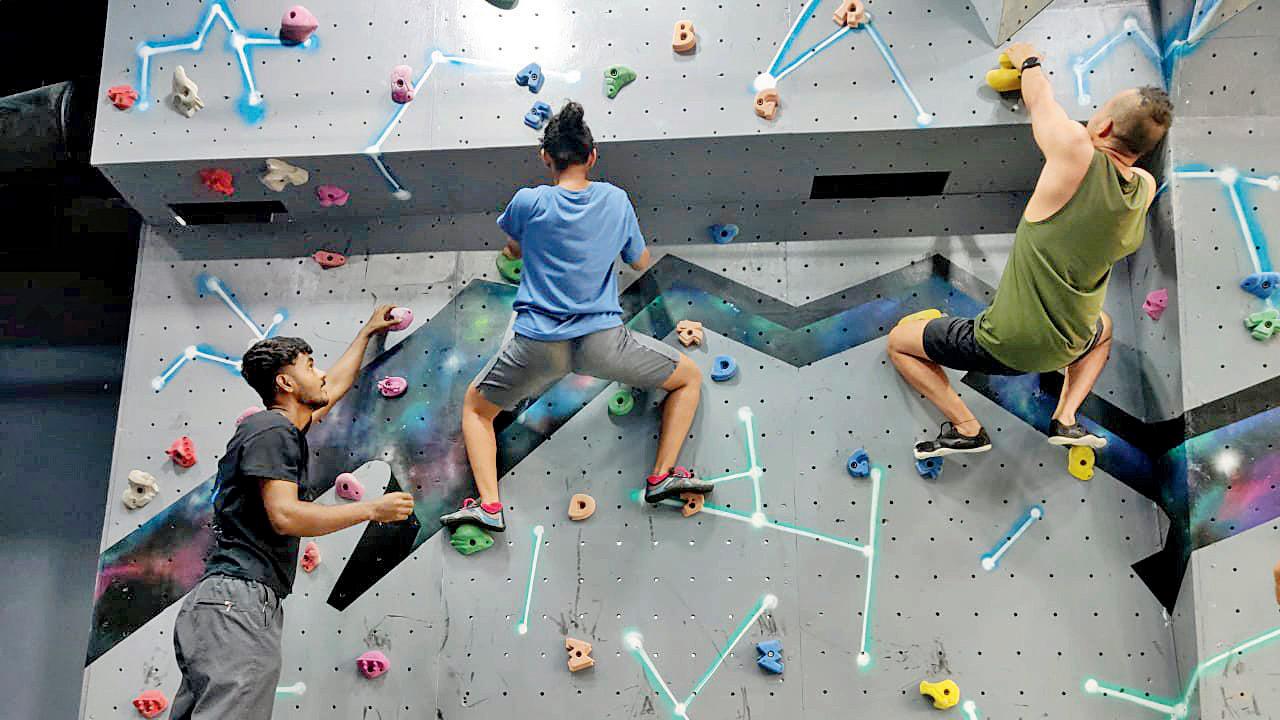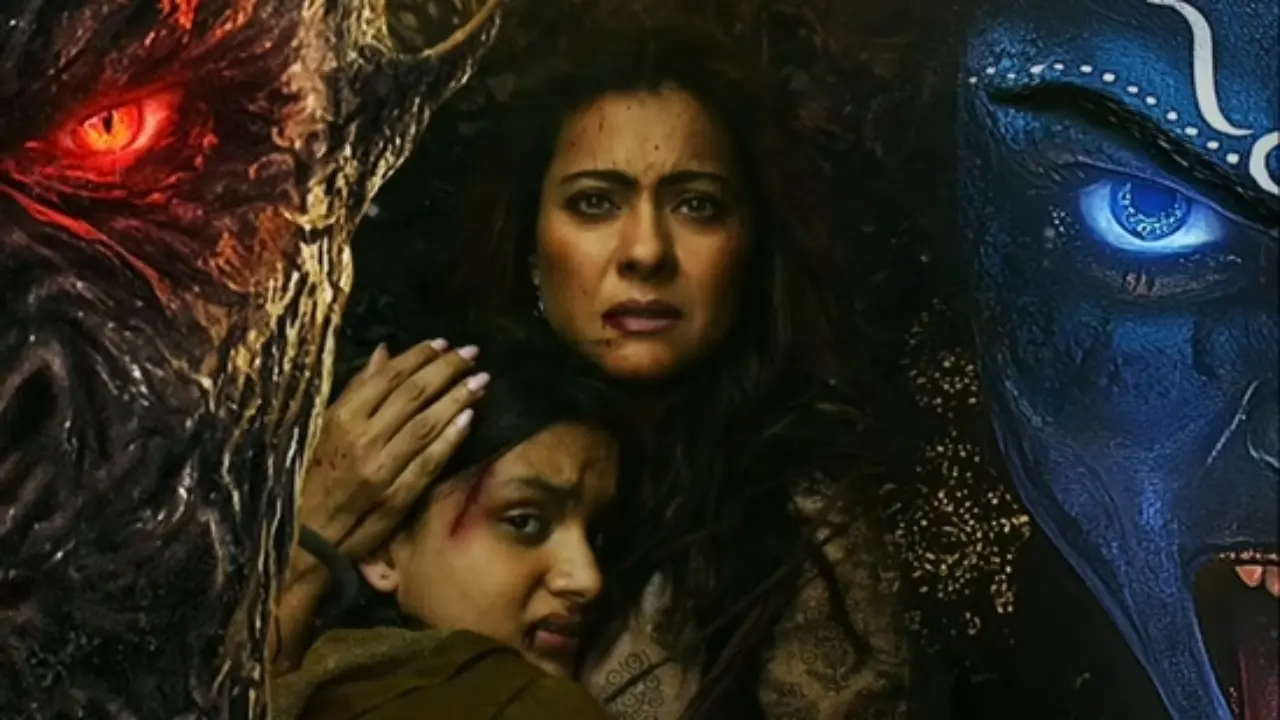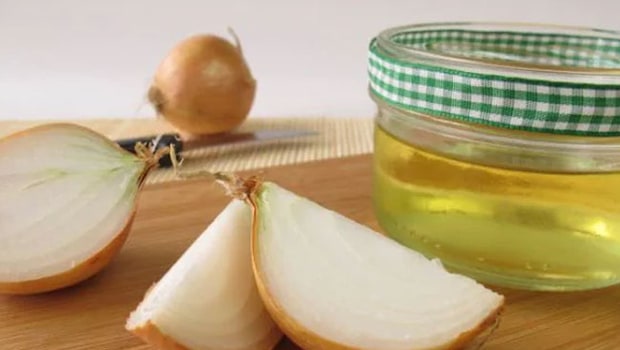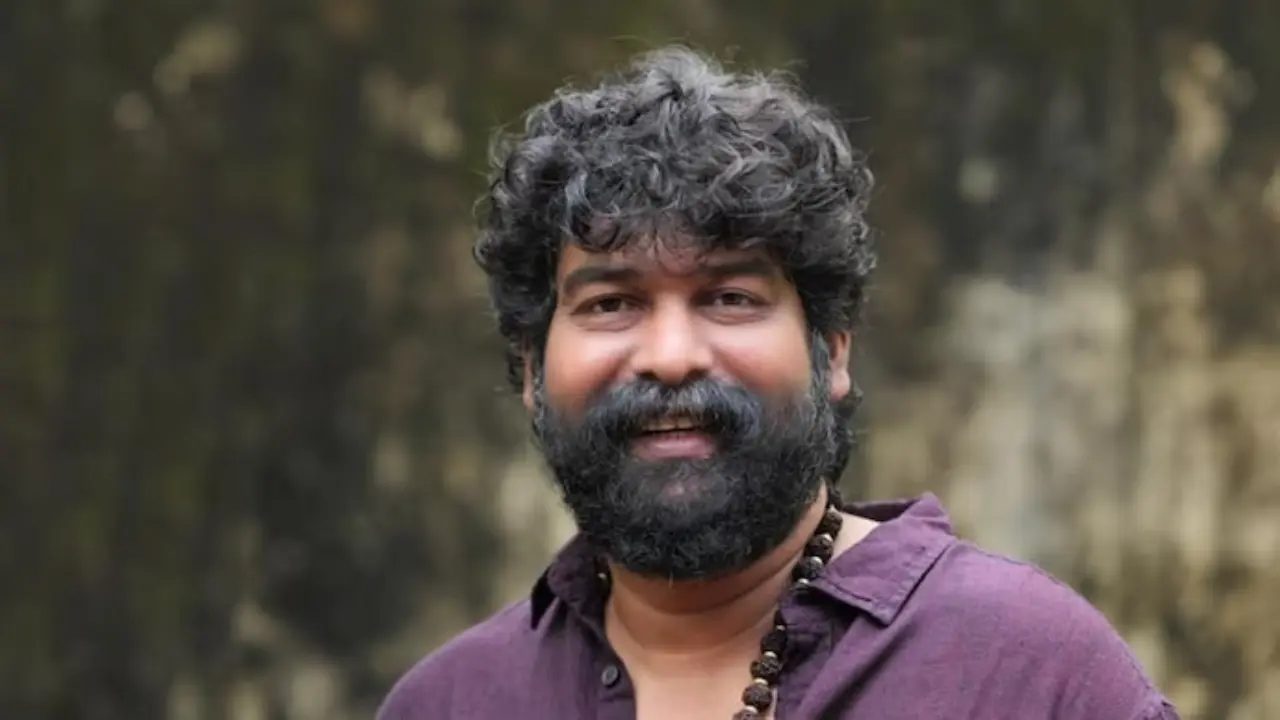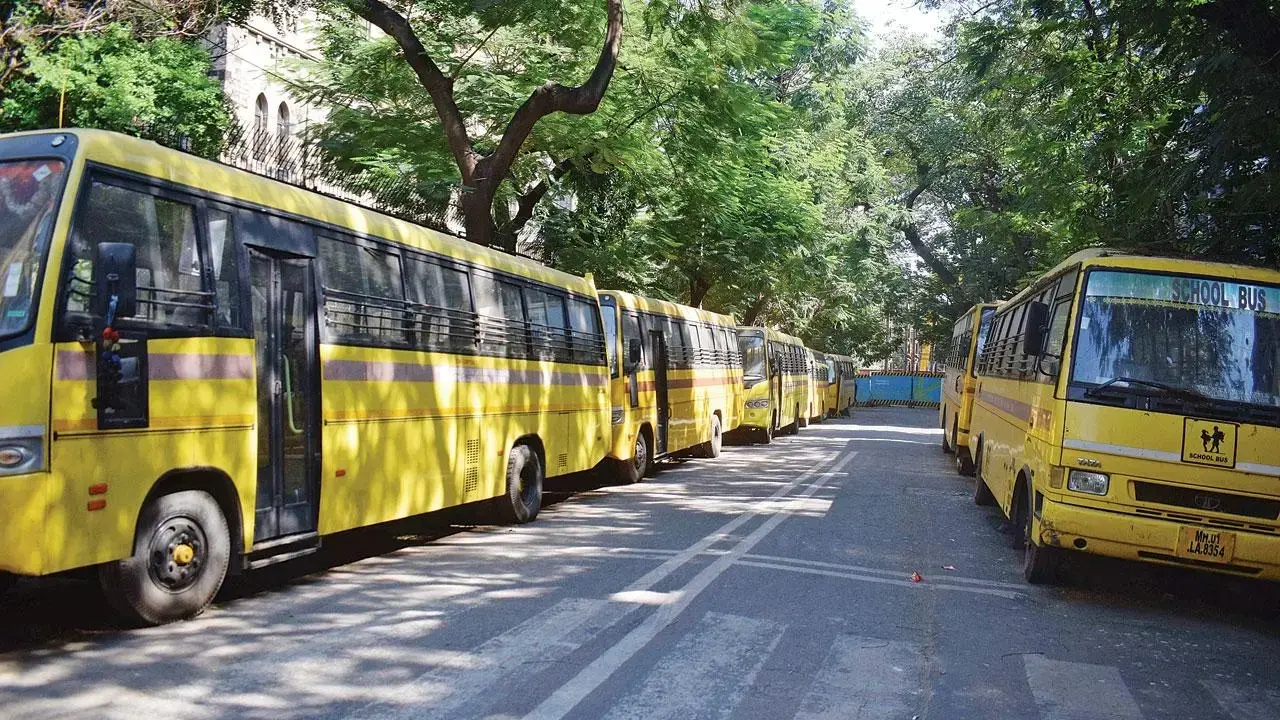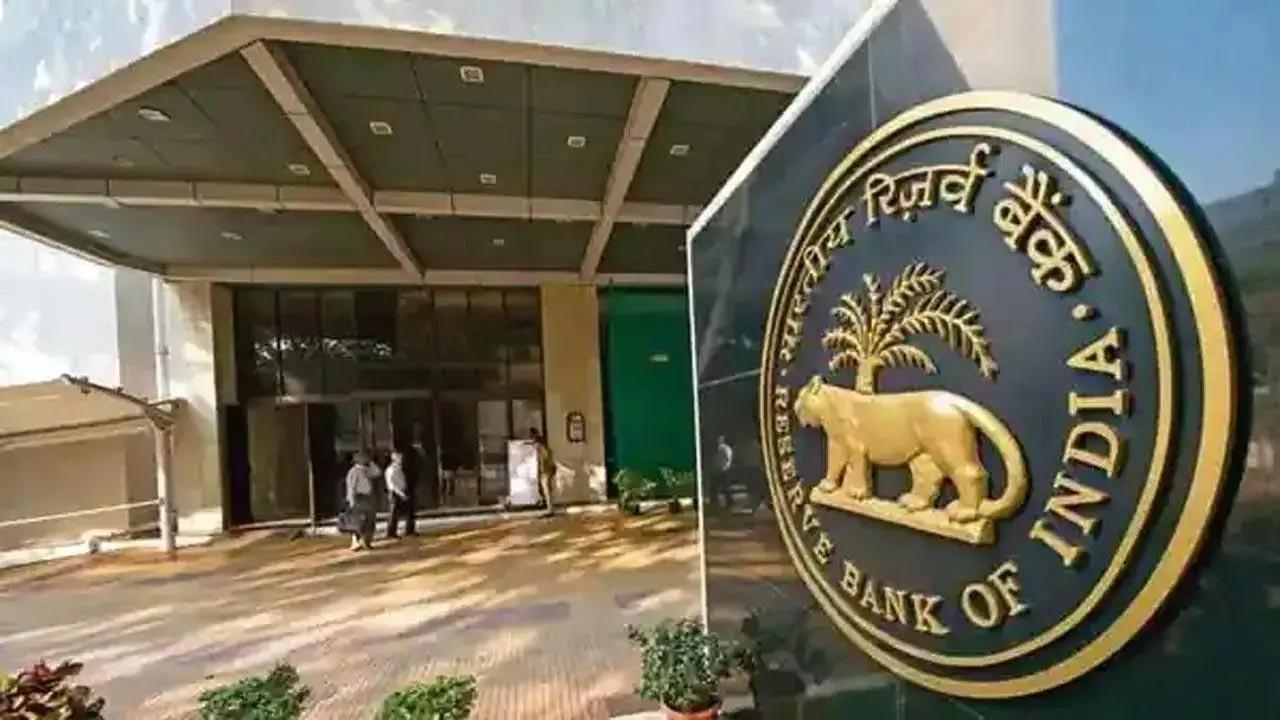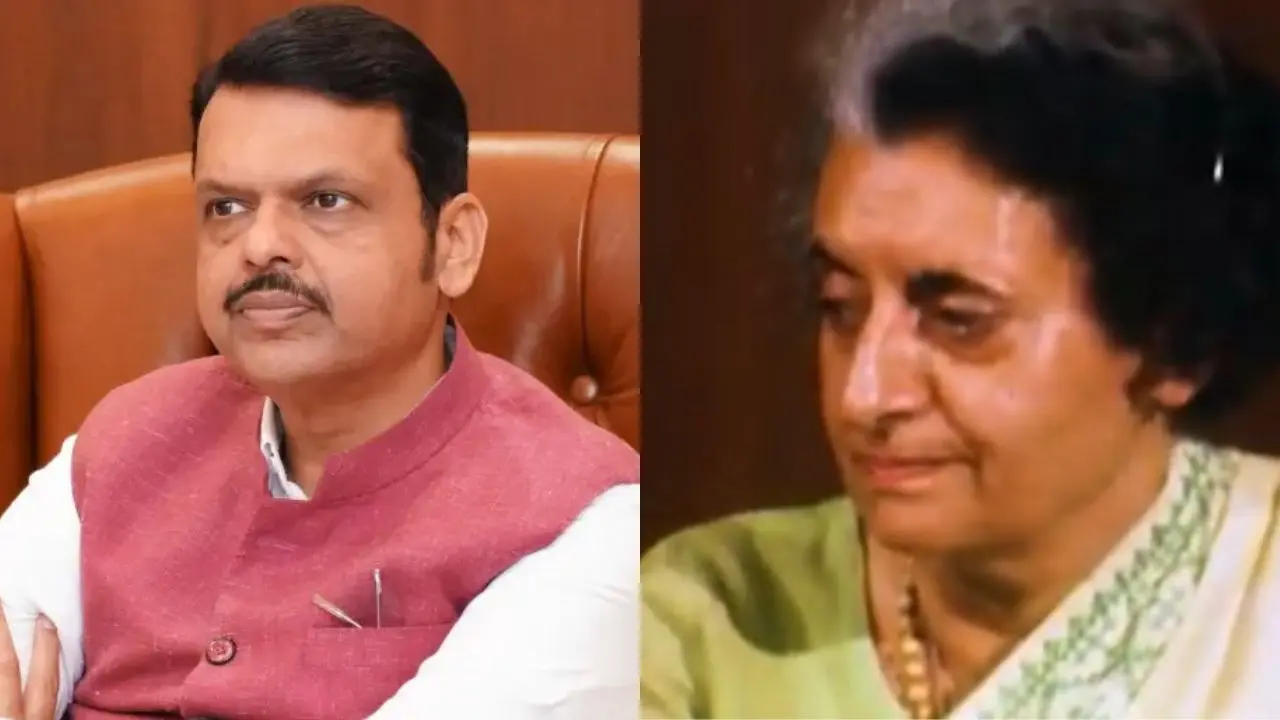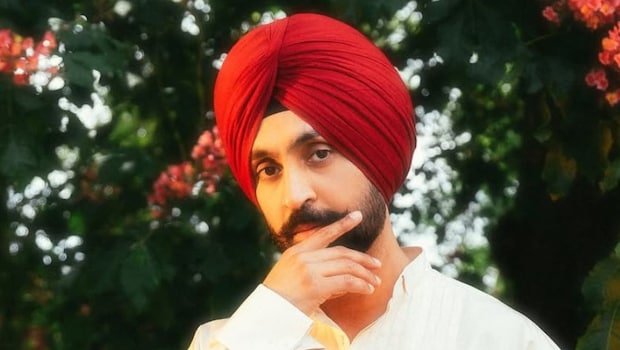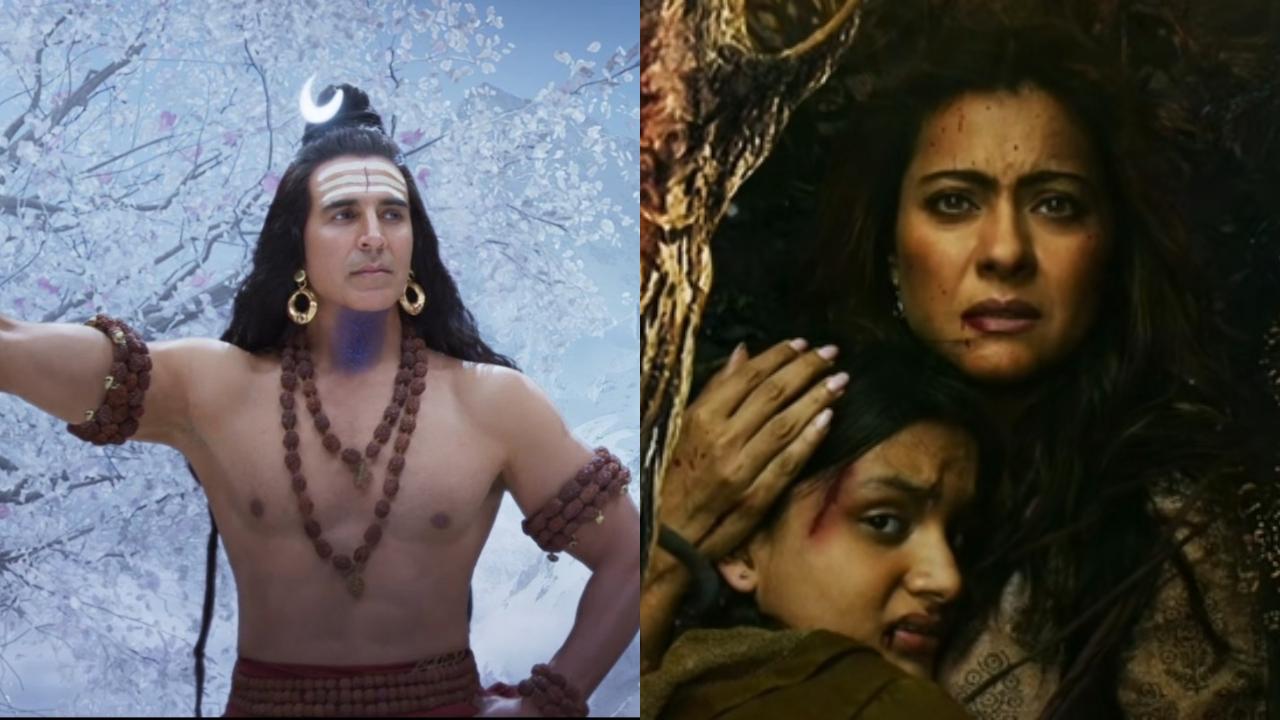
Do not forget that stories were once a medium of news,” shares Rama Pandey on the phone. The theatre maker should know. She was a BBC Hindi correspondent in London, for Voice of America, Aakashwani and Doordarshan, before turning to documentary filmmaking and theatre. Yet, her love for freedom is evident in the conversation about her production, Sultana that will open on the Mumbai stage this weekend.
The play is part of ‘Natya Series’, a series of theatrical works hosted by INTACH Greater Mumbai Chapter along with Prime Securities, Azad Foundation, Sakha, Ratnav, and Sideways. “Natya, i.e. drama, is a key part of the heritage of Indian performing arts. This is the second edition of our series,” explains Katyayani Agarwal, co-convenor of INTACH’s Mumbai chapter. The previous edition saw the Rama Theatre Natya Vidya (RATNAV) group stage the production, Lallan Miss — a powerful performance that tackled the stigmas and questions faced by the transgender community.
A moment from the play, Sultana. Pics Courtesy/Ratnav
This year around, the group will return with the performance of Sultana. Led by Pandey, the play centres on the story of a young girl Sultana fighting for her own dreams.
Born in the desert
Pandey first began work on the story almost 15 years ago. The Jaipur-based filmmaker was travelling through Rajasthan for a documentary when she happened upon a Rangrez (dyeing) village, a community of Muslim dyers, in the village of Kho Nagoriyan. “It was here that I met Sultana [not the original name] for the first time. It’s about a young girl trying to fight off a forced marriage, for her own dreams, and rights,” the veteran theatremaker remarks.
The question found its way into Pandey’s book, Faisle, in 2010, before she adapted it for the stage. Pandey emphasises, “It is not a question of women’s liberation, but their very existence.”
The settings, language and music in the play (above) cater to the principles of Natyashastra
To emphasise the point, Pandey shaped Sultana’s mirror in a young high school teacher who fights for her. “She is a widow. The metaphor of a young widow in a colony of dye-makers was not lost on me. By tradition, she is prevented from wearing colours. Isn’t it strange that women across community lines are always looked at in the context of their relationships — sister, mother, wife or daughter?” she asks.
Shaped by tradition
The play is built on the principles of Natyashastra, and the rich folk theatre tradition of India. “I studied the Natyashastra, through my MA in Archaeology, and also for many years later. I am of the firm belief that any good play needs to have the rasas (emotions) in fine balance. It is through these that your play finds roop (form),” she explains.
A moment from the production’s previous performance, Lallan Miss
Over the last decade, Pandey has worked to cultivate oral and folk traditions through her theatre organisations. “I prefer and use actors who are trained in that tradition. It lends an authenticity and rooted expression to the story. I also prefer using music that originates from this storytelling form. They have an instinctive recognition of emotional chords,” she says.
On the move
Rama Pandey
The Mumbai performance will set the tone for the troupe, which will also be performing in Srinagar, Delhi and later Jaipur over the next few months. Though much has changed, Pandey says, much remains. “And do not point me to Sudha Murthy and others as an example of change. Exceptions cannot be cited as the rule. There are millions of women who struggle to have their voice heard. Sultana is all of them,” she concludes.
ON June 28; 6.30 pm to 8 pm
AT Experimental Theatre, NCPA, Nariman Point.
CALL 9341440939 (for reservations, RSVP mandatory)


